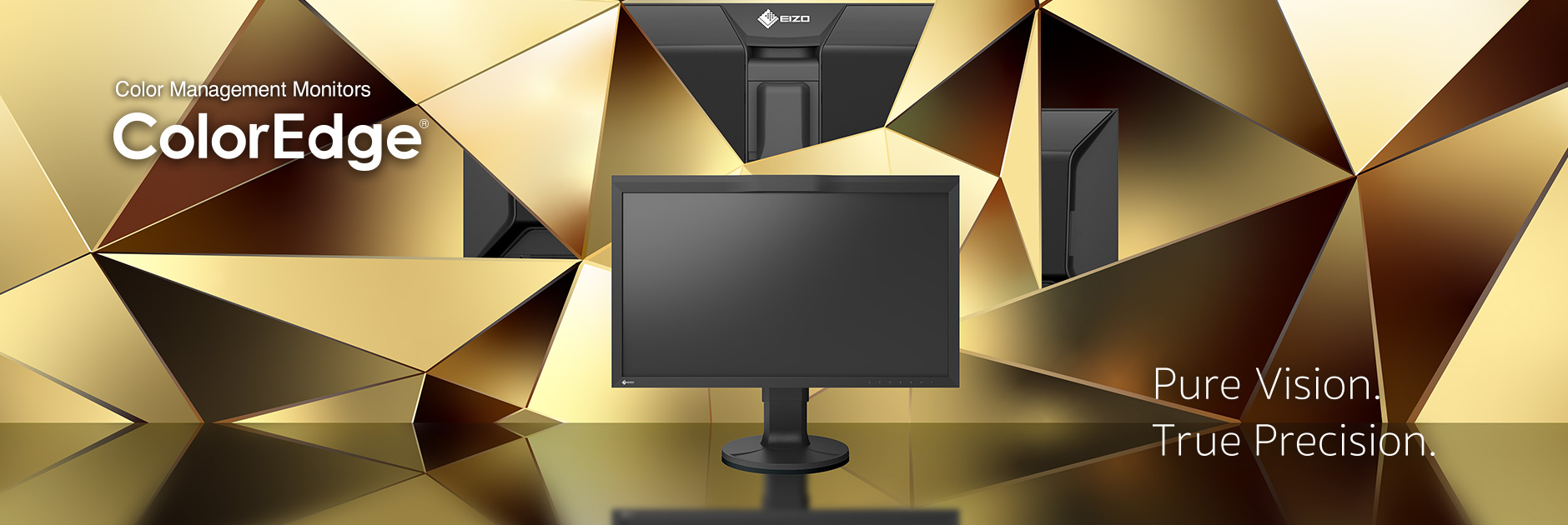Creative Work
Lilli Nass - Moments' Worth
At the age of 54, photographer Lilli Nass’s father was diagnosed with Alzheimer's disease. The Berliner decided to document her father's illness photographically. With the resulting series “cursare,” she took part in the BFF's New Young Talent Award and won first place. Nass won the grand prize of a ColorEdge CG2700X monitor. Here she gives us an insight into the creation of the series and her photographic work.
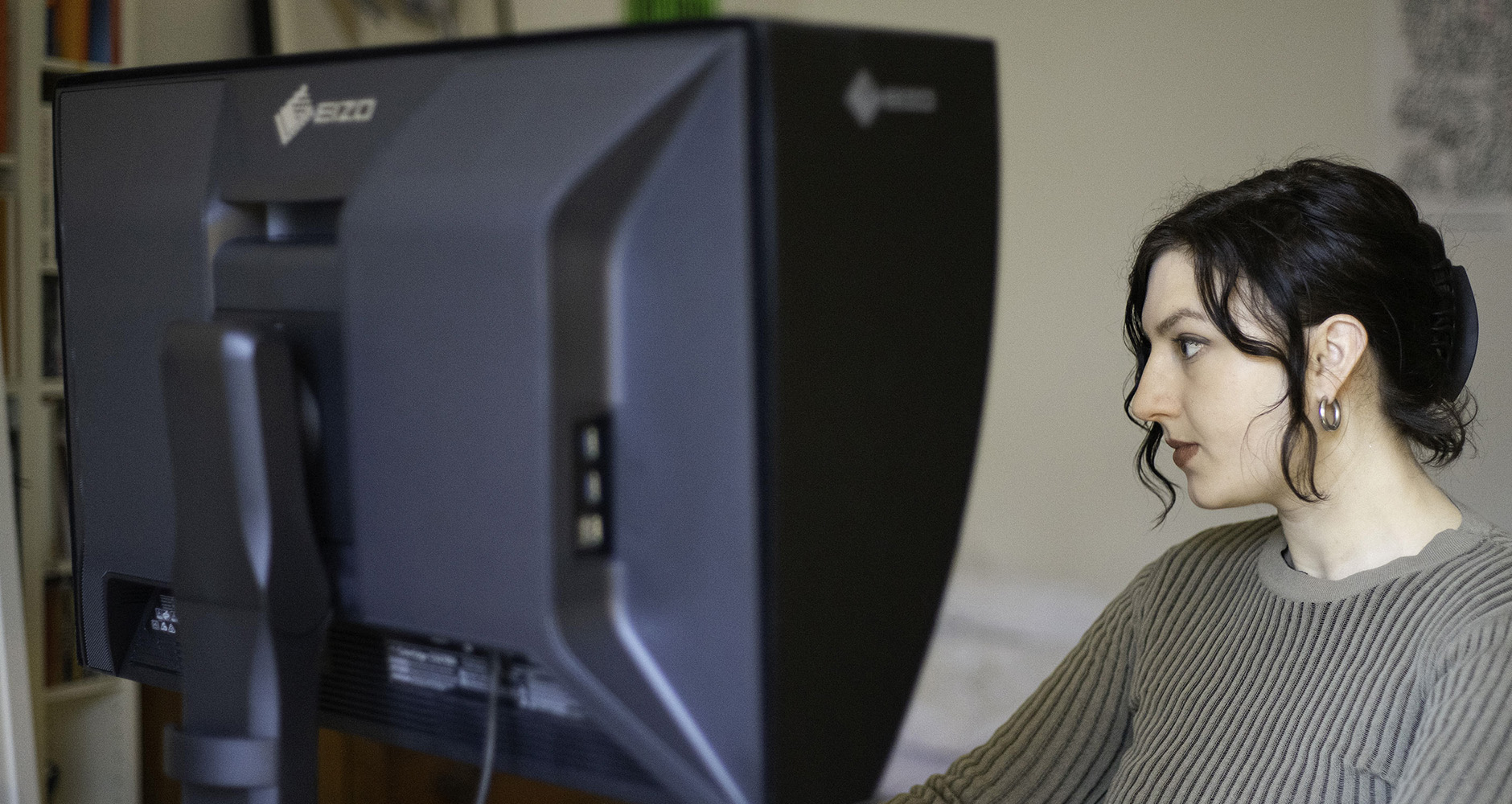
Beginning
“Cursare” is the Latin word for “running back and forth,” a typical behavior of dementia patients who often have a strong urge to move. It is often accompanied by “nesting” behavior with clothing and small objects. It is a behavior that may seem meaningless to outsiders, but which opens up a new level of perception for the patient and may give him or her a foothold. This explains why Lilli Nass named her work after this term, which relates to her father's dementia. When he was diagnosed, he was just 54 years old; Nass was 19.
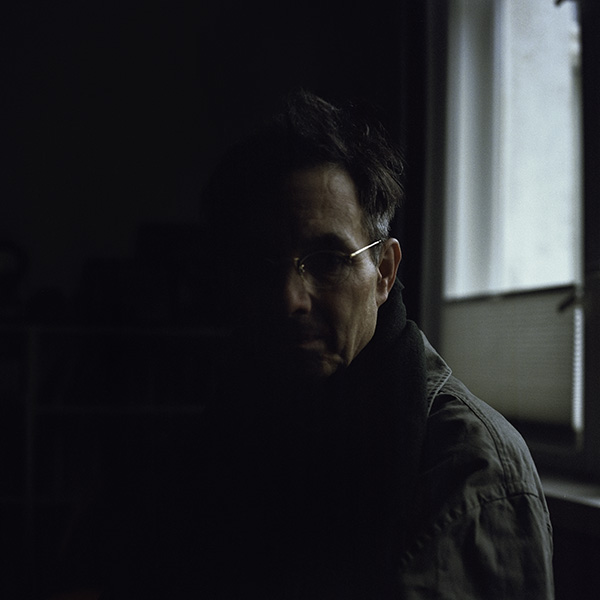 |
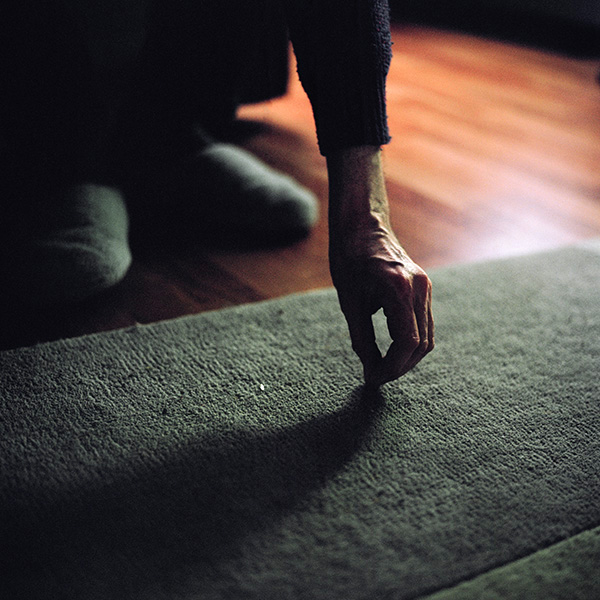 |
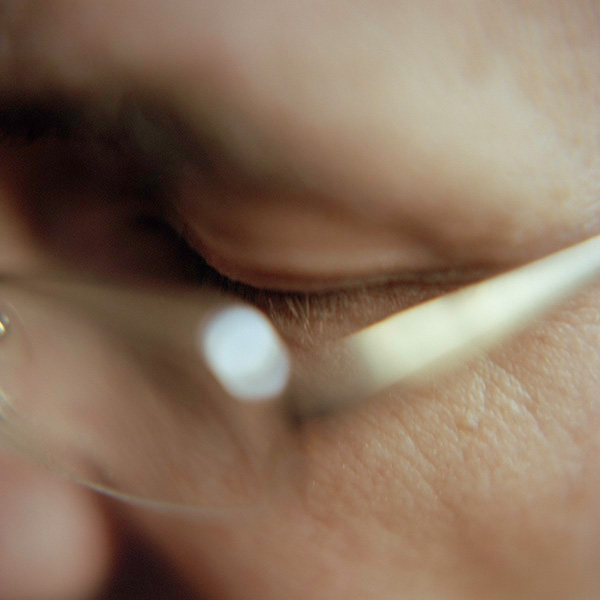 |
The nucleus of Nass's series was three analog images taken with a Zenza Bronica 6 x 6 medium format camera. For 18 months, these three images sat in a drawer until Nass decided to apply for the BFF's New Young Talent Award with her series on dementia. Before doing so, she had an intense exchange with her mother about whether and how to publicly address her father's illness. At the time, her father was no longer able to make this decision for himself. On the last day of the application period, the decision was made to submit the concept. After ten intense hours at the computer, it was finished and sent off.
Finalist
Nass was thus able to achieve an important stage victory: together with eleven other finalists in the final round, Nass was invited to a workshop in Hamburg. There, she worked on the concepts together with her personal mentor Maximilian König, as well as other mentors and finalists. After that, it was off to the implementation phase. “That wasn’t so easy, because my parents were in rehab in December, which meant I couldn’t start implementing them until January,” Nass says.
Analog Medium Format
Nass photographed the series in analog medium format on Kodak Portra 400 film. “I wanted to work analog to force myself to be careful. On the one hand, I could really only capture the moments that were worth it. On the other hand, I wanted to pay proper respect to my father in such an intimate series,” Nass explains about her camera choice. In medium format, the images are created square. Nass sees this as an advantage.
 |
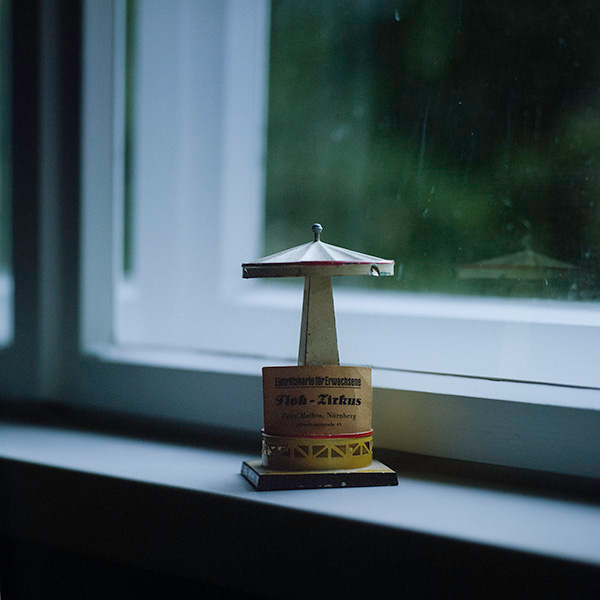 |
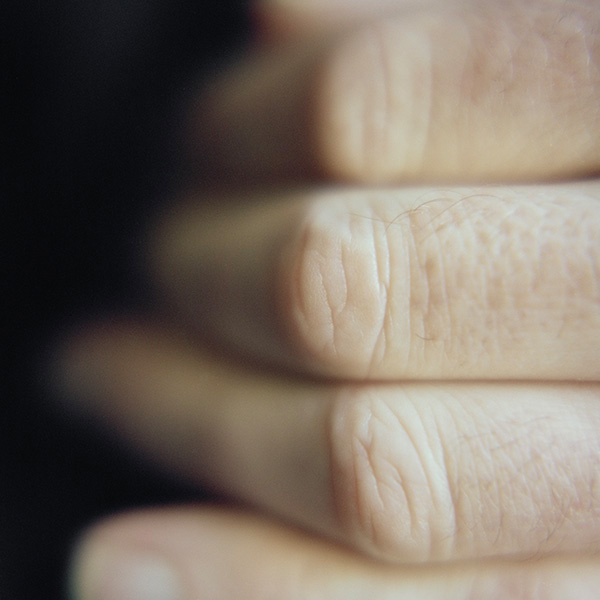 |
In the first workshop and in the implementation phase, the question of how best to approach the subject of dementia photographically arose again and again. Two perspectives had emerged: one focused on the objects with which Nass’s father likes to occupy himself with, showing his typical “nesting” behavior, as well as other detailed shots that turned out to be central motifs. The other included numerous still lifes relating to real situations, such as of her father’s nightstand, as well as some portrait shots. Finding a good balance and a common thread here was the main task at another workshop in March in Zingst. It was then a matter of completing the photographed series for the final submission to the jury evaluation.
First Prize
Here, too, Nass and her mentor König seem to have had a good hand. After all, Nass’ work was awarded first prize. Nass’s photo series consists of numerous close-up shots, situations, and observations that allow the viewer to get a feel for the world of a person suffering from dementia. Nass shows seemingly random objects such as a small, black corncob or the shoehorn and pencil that her father likes to carry around and feel in his pants pocket. She mostly shows tightly cropped shots of her father's hand or face. In general, Nass's images are very condensed.
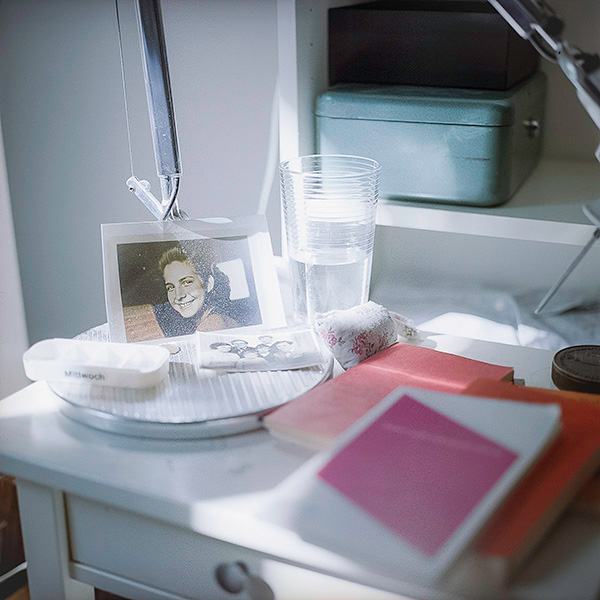 |
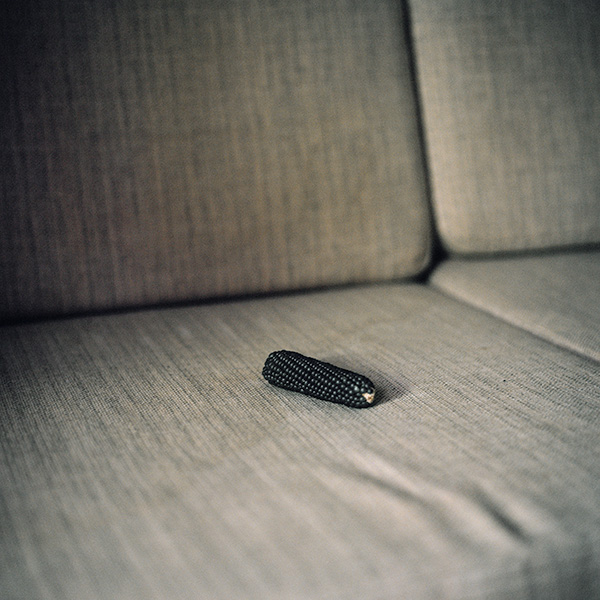 |
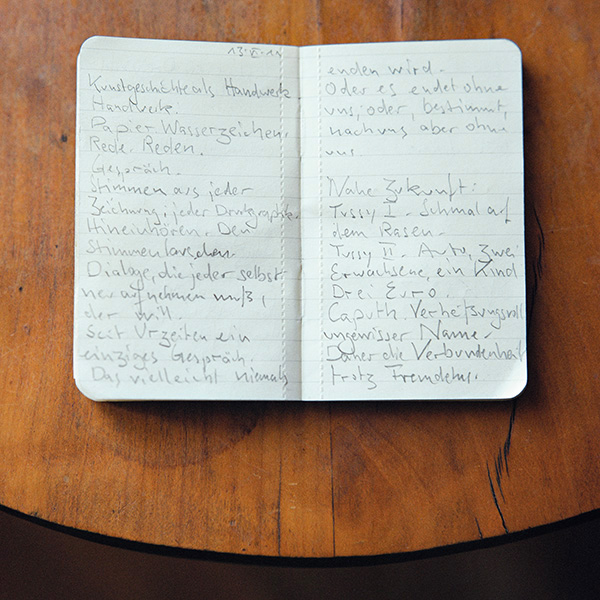 |
Another image shows Nass's father nibbling away at a clean spot on the carpet, while a crumb lies ten inches away. Other images show more still life-like sections of Nass’s father's living space, such as the nightstand with his mother's portrait and a family picture, or a portrait of Nass’s father photographed from behind looking off into the distance. “My goal was to take in my father's inner perspective and ask myself how he perceives his world,” says Nass, describing her approach. She succeeded in this endeavor, and not only in the eyes of the jury. With her pictures, Nass offers the viewer numerous points of reference for imagining the world of a person suffering from dementia. A world that often seems to consist of confusion, loss, loneliness, and rituals. A world in which, if anything, the long-too-past is still present.
“My father hasn't recognized us for a long time,” Nass explains. “But he knows we're close, and he relates to us differently than he does to strangers.” For Nass, working on her photo series also helps her cope with her father's illness. In the meantime, his disease has progressed to the point where he lives in a home and requires a lot of care.
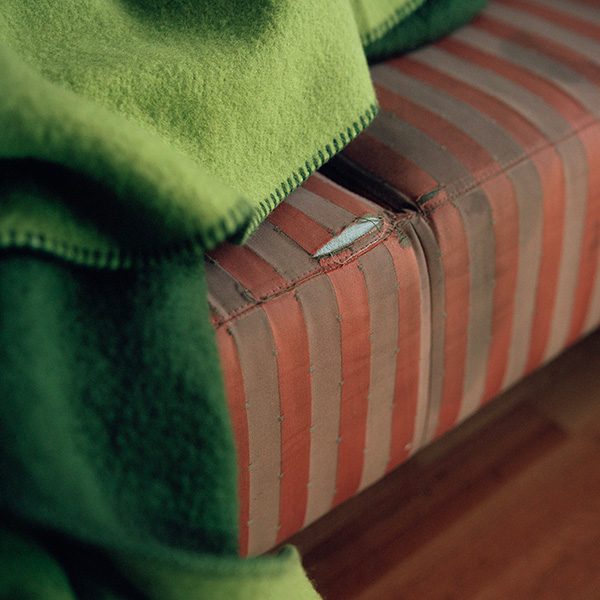 |
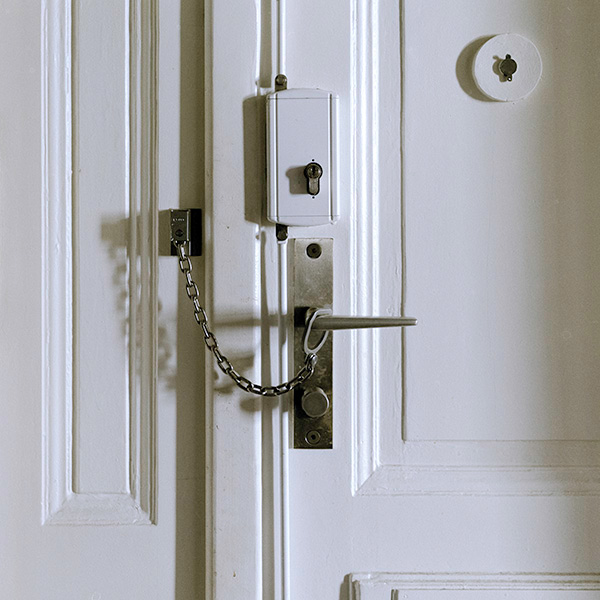 |
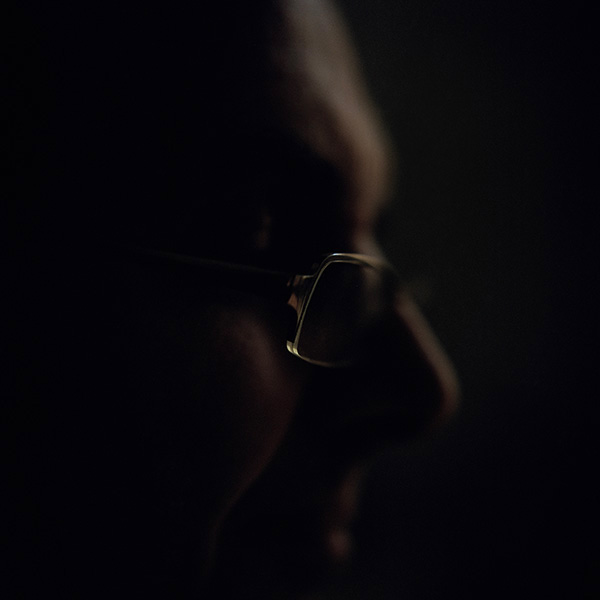 |
ColorEdge CG2700X
Lilli Nass was delighted to receive a monitor as her prize. The new 4K professional monitor ColorEdge CG2700X from EIZO has been helping her ever since: “EIZO also provided the school with two new units for our final exhibition, but it's already terrific to have your own ColorEdge monitor at home,” reports Nass, visibly excited, and goes on to explain: “You only realize what you've been missing when you have a ColorEdge.” This, she says, is expressed primarily by the absolutely precise view of the file. It allows Nass to prepare images for printing optimally and rely on them coming out of the printer exactly the same. “I use a lot less paper than before. In addition, the built-in calibration ensures that the monitor is always perfectly calibrated,” says Nass, who is very satisfied.
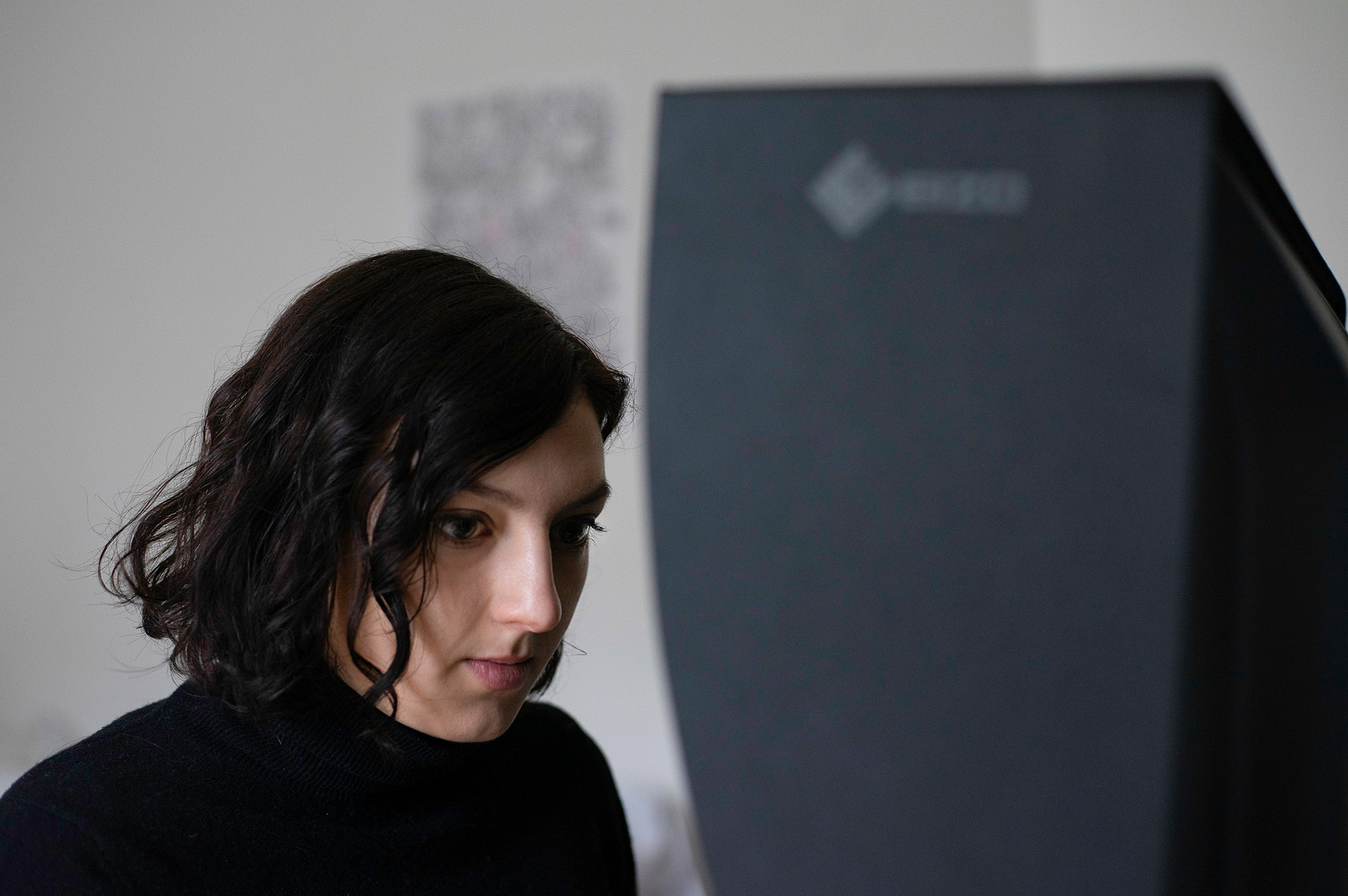
Future
Winning the New Young Talent Award, however, is not the end of the series for Nass. She continues to work on it and is constantly developing it further. In the beginning the focus was more on detail shots, but now still lifes and portraits take up more space. Nass plans to submit “cursare” as her final project during her studies at the Ostkreuzschule für Fotografie and later publish it as a book. Nass sees her professional future in the field of magazine and portrait photography.
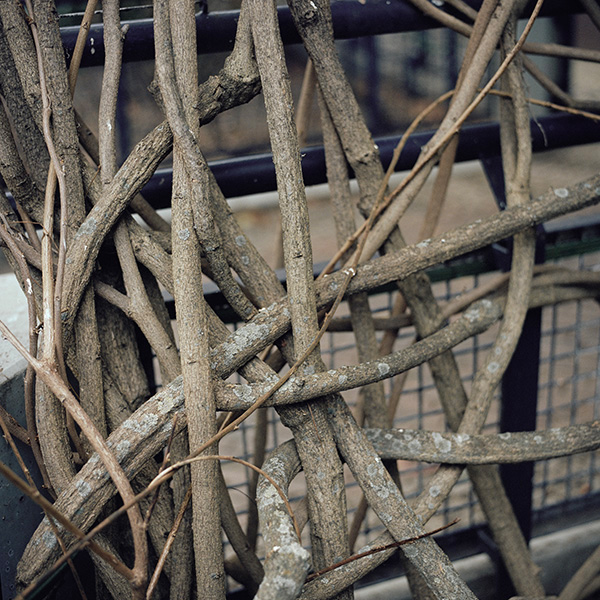 |
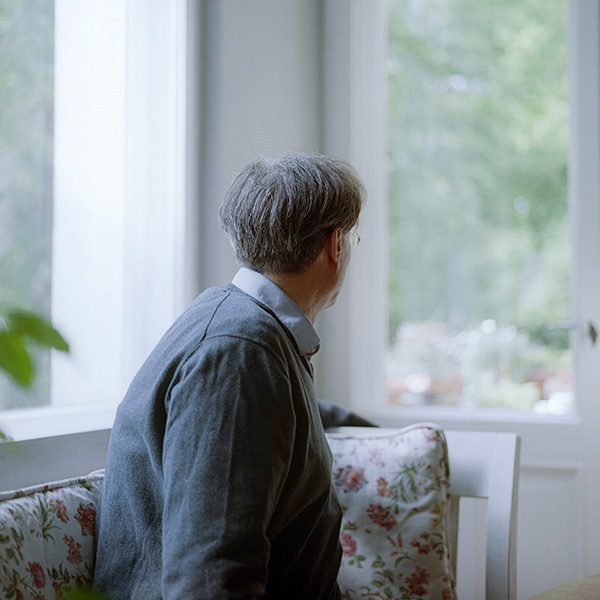 |
|
About Lilli Nass
During a voluntary social year at the Berlin Volksbühne, she had numerous opportunities to develop her photographic skills. This year she completes her studies at the Ostkreuzschule für Fotografie in Berlin. |
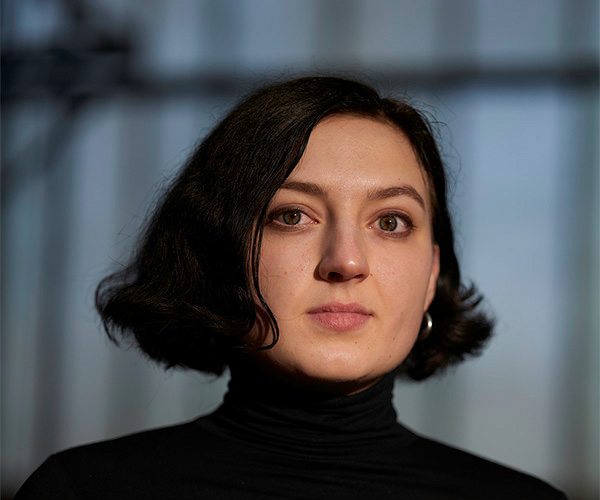 |

